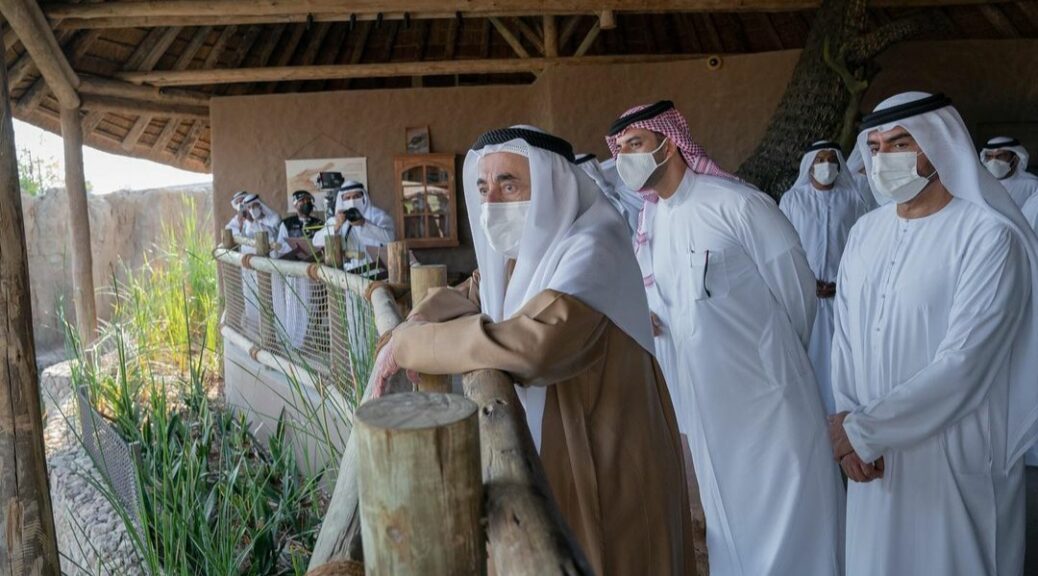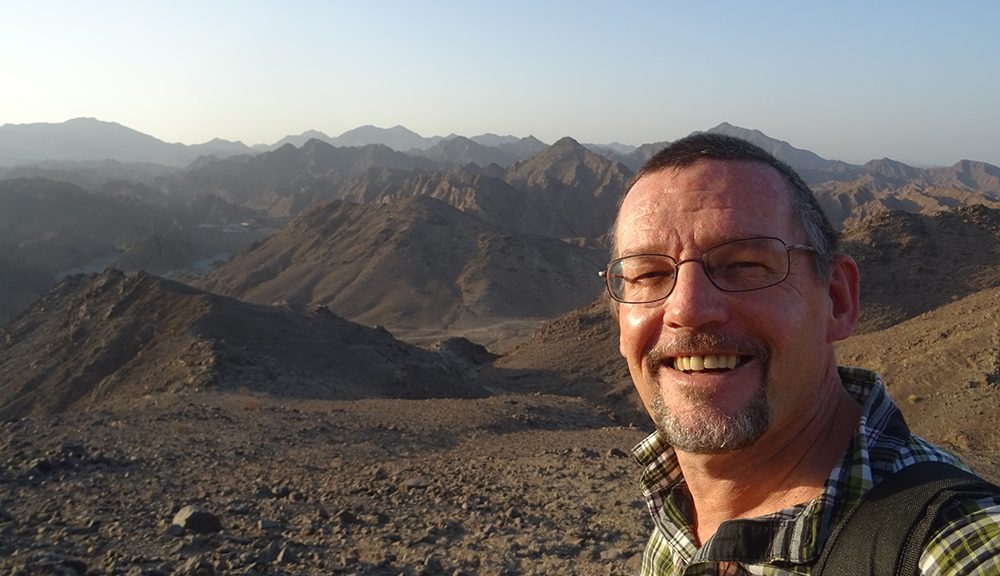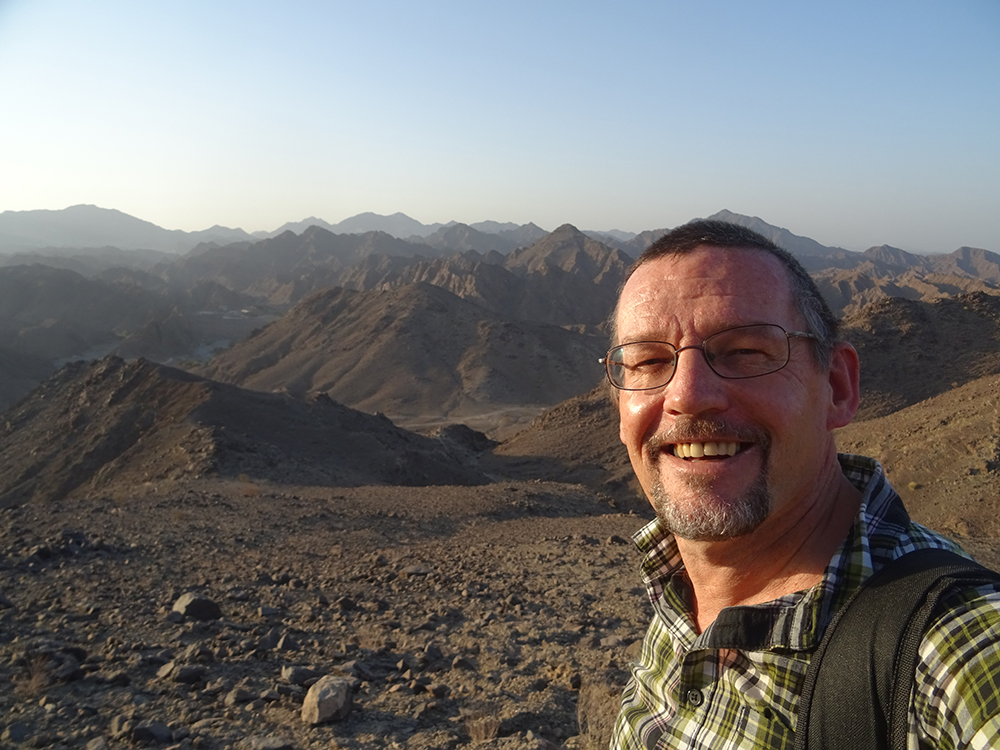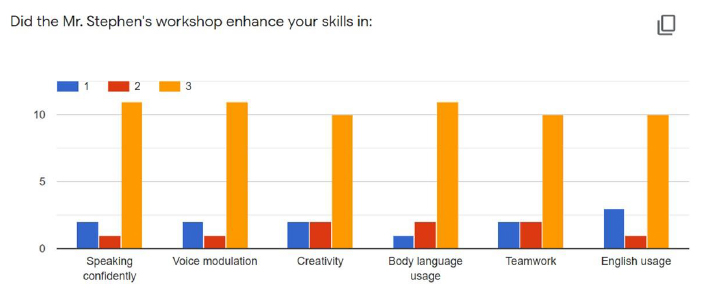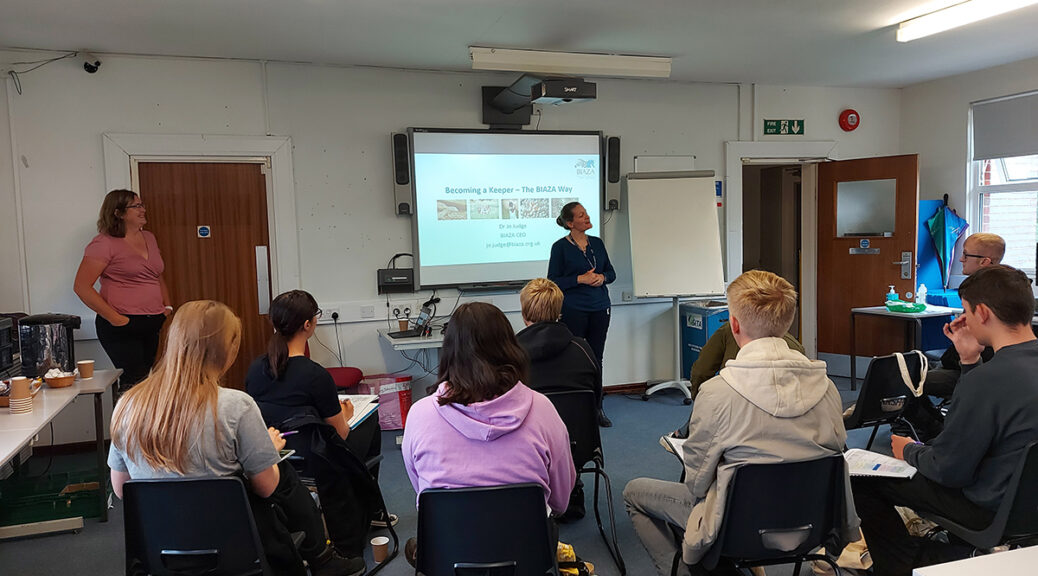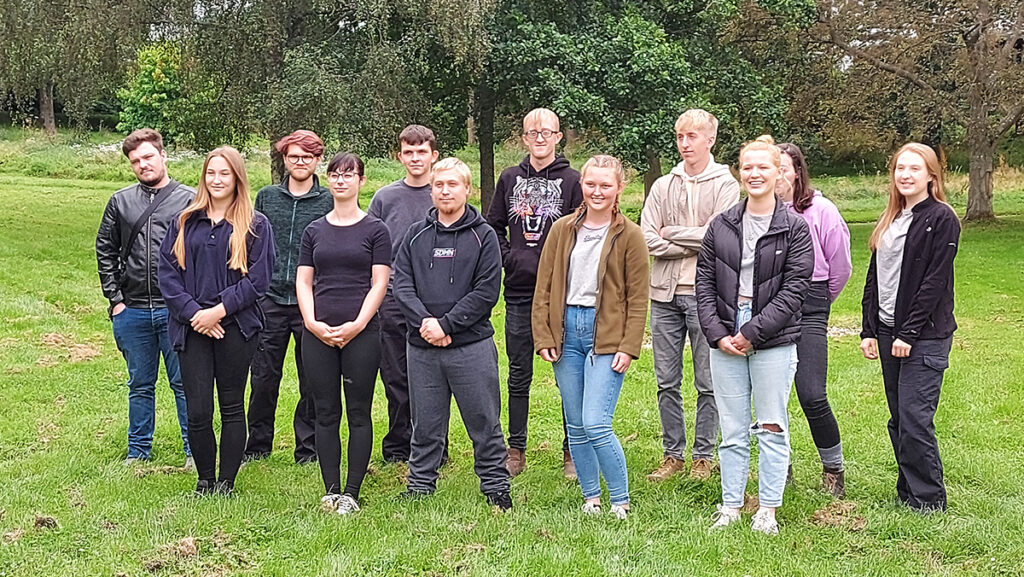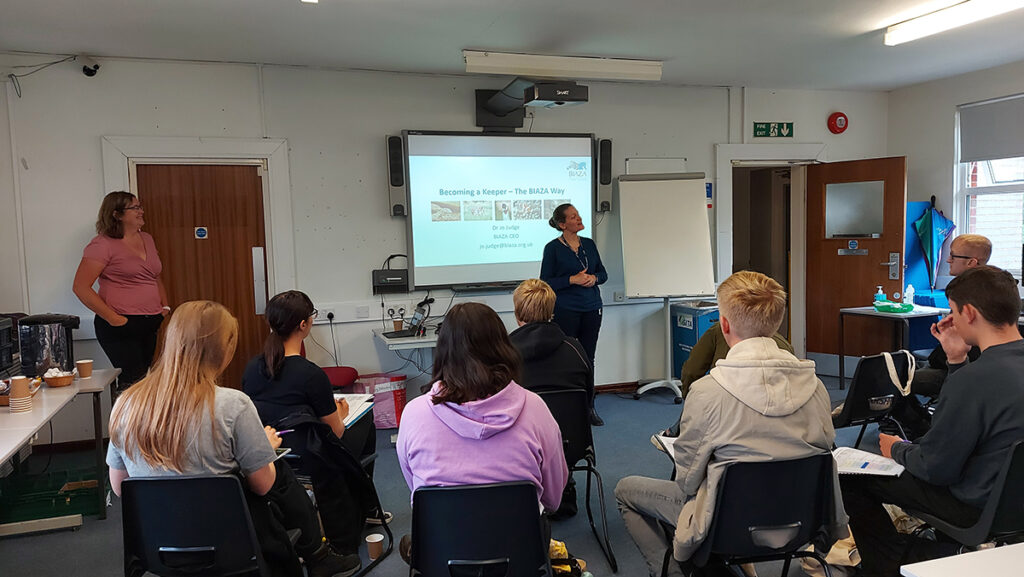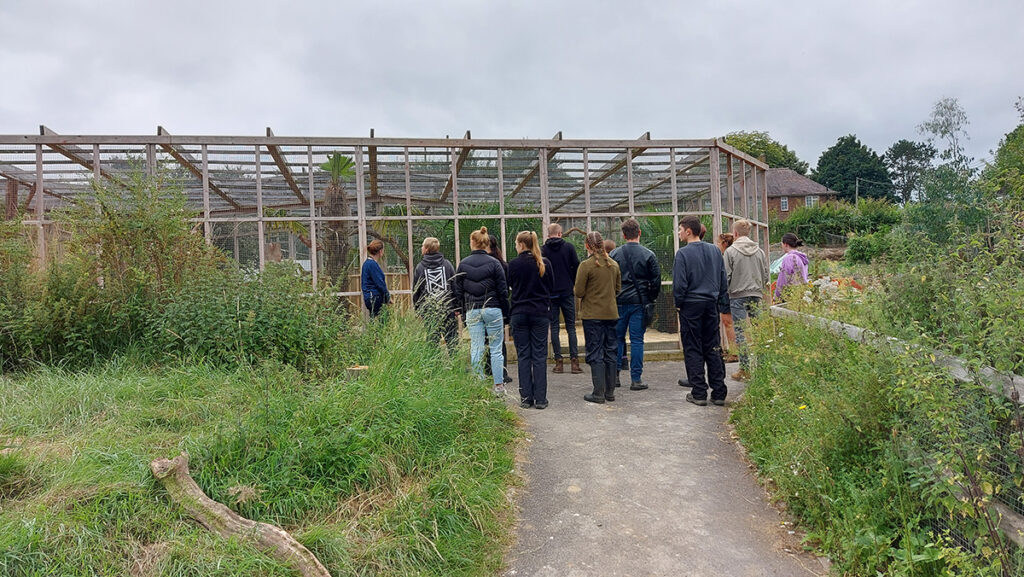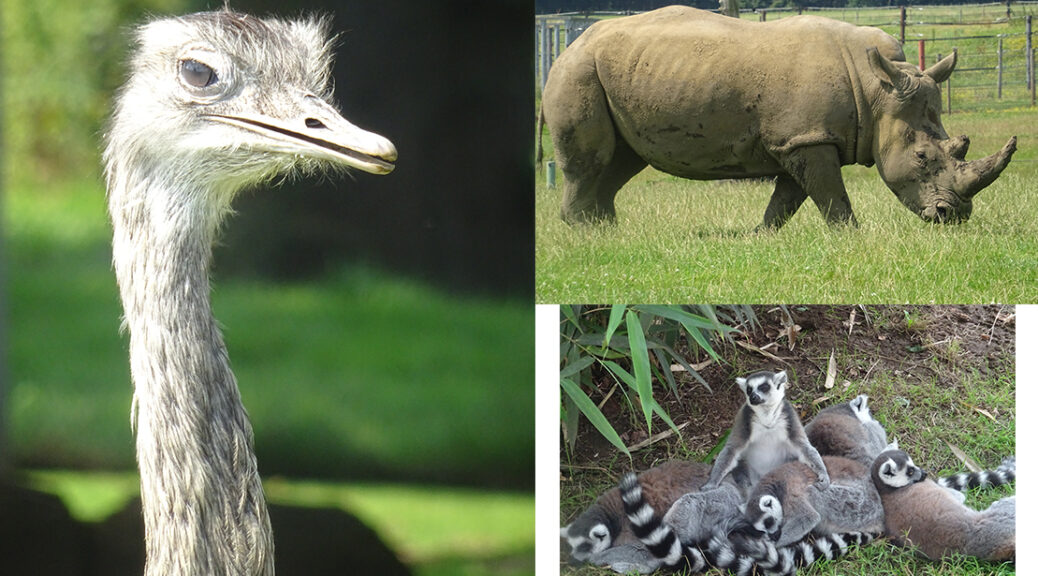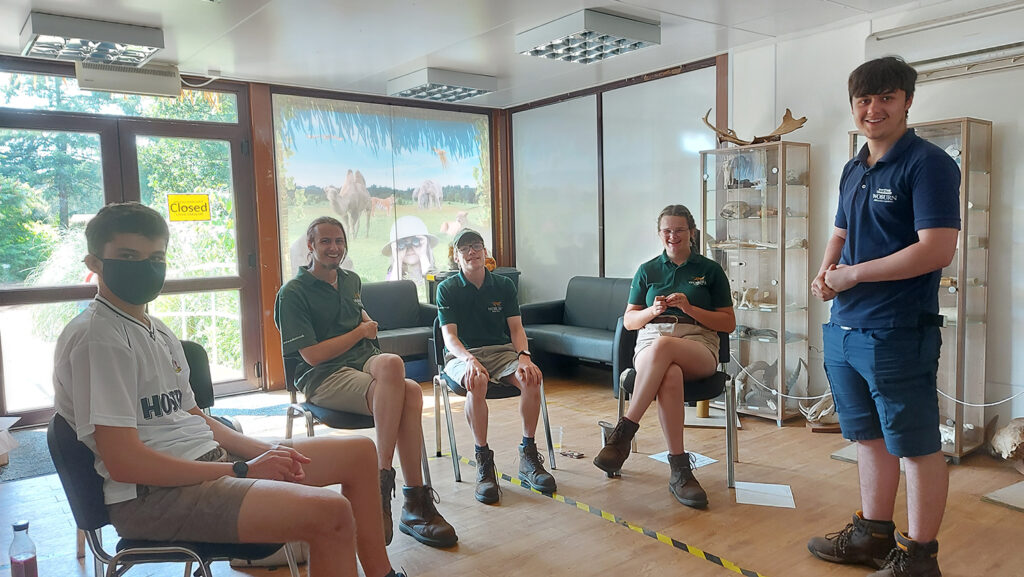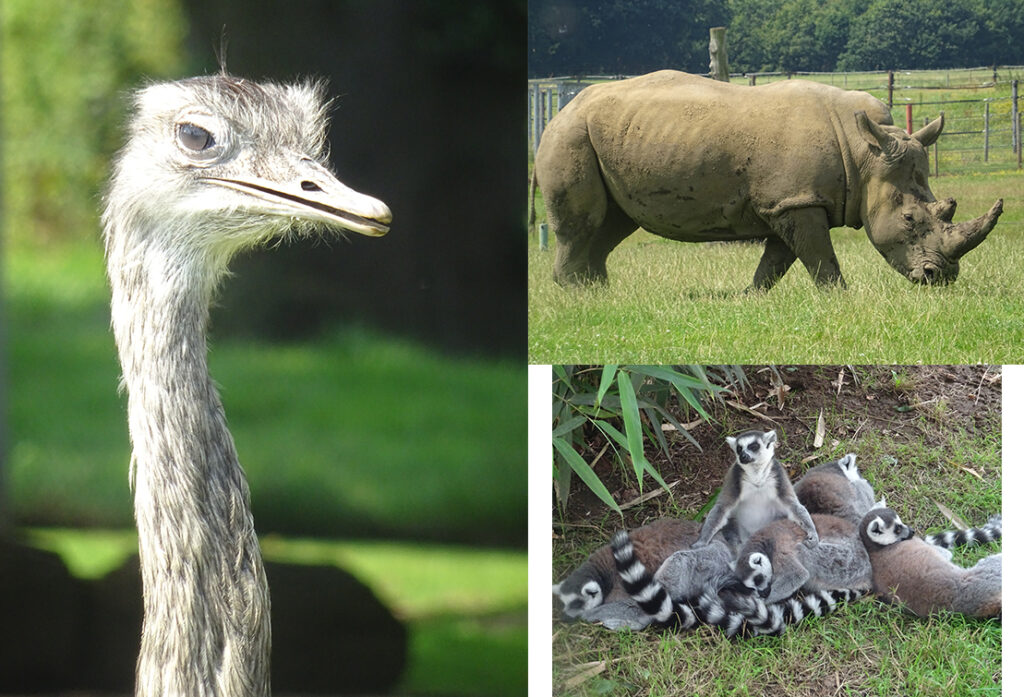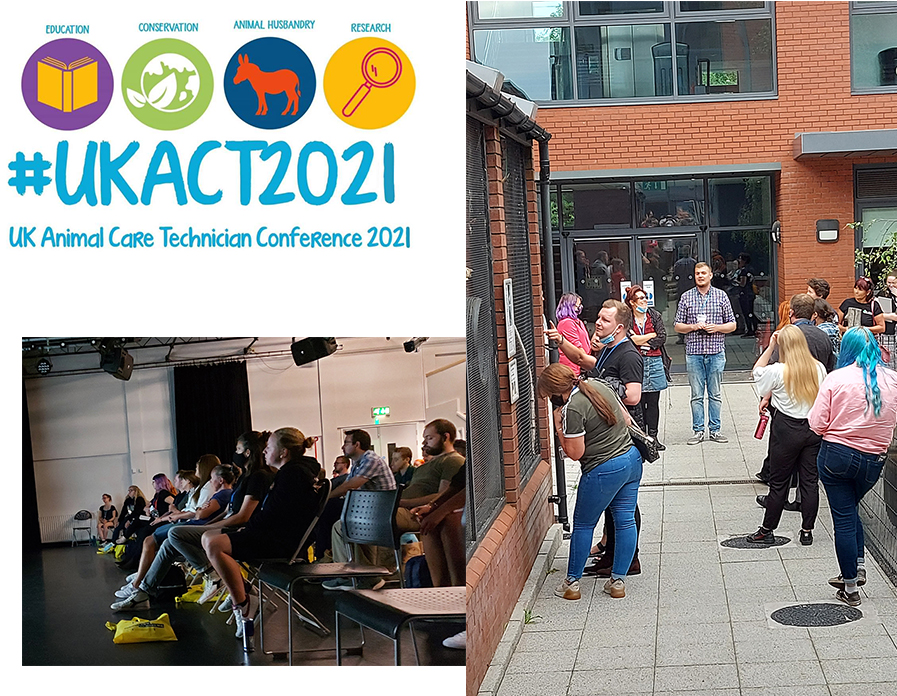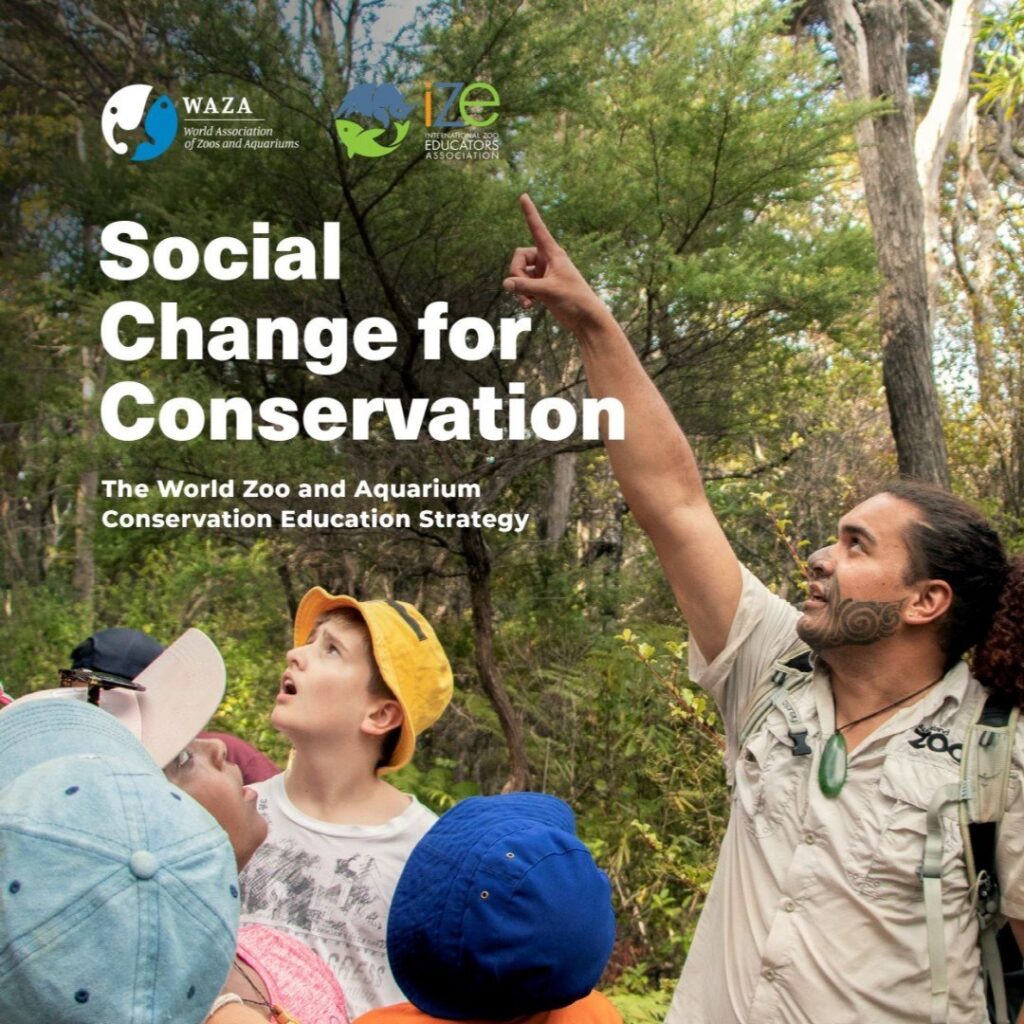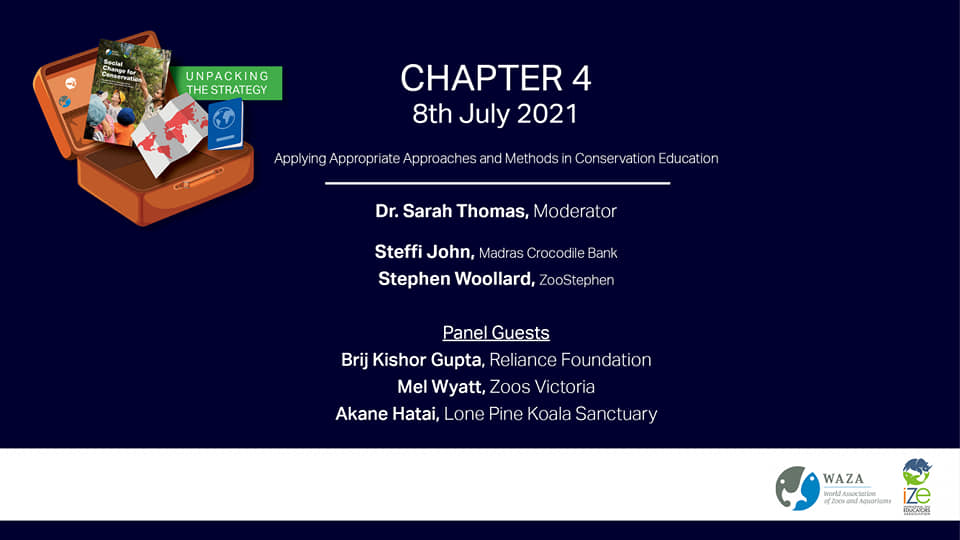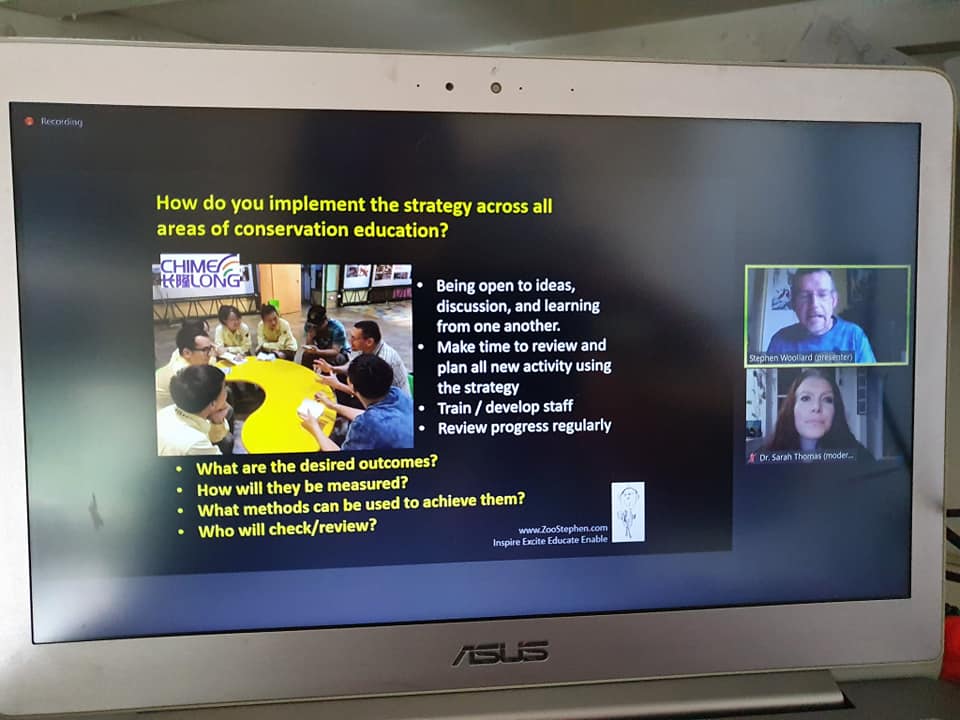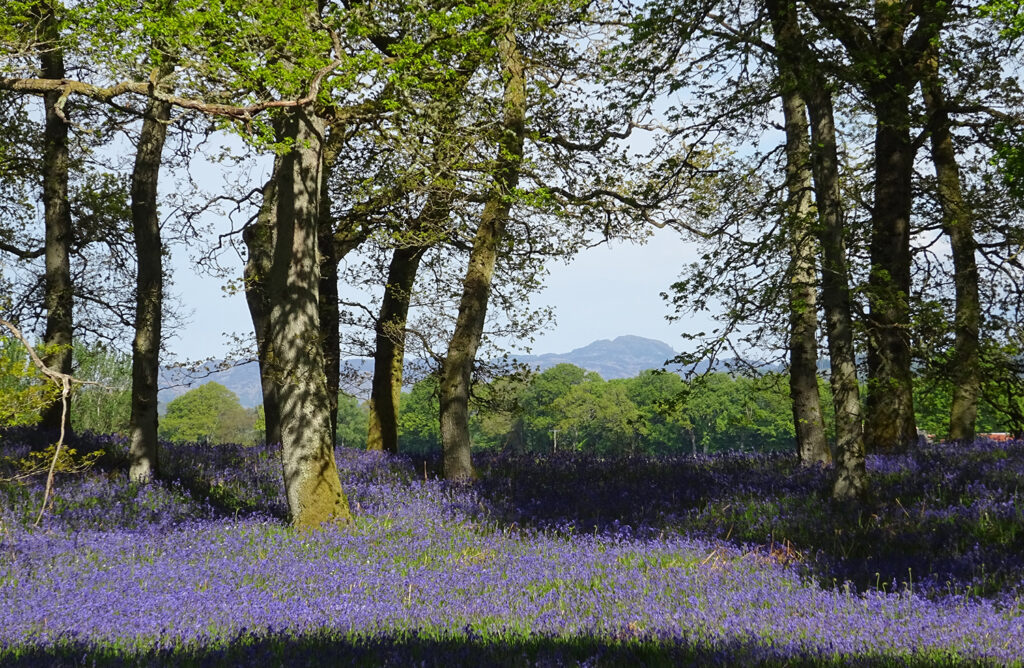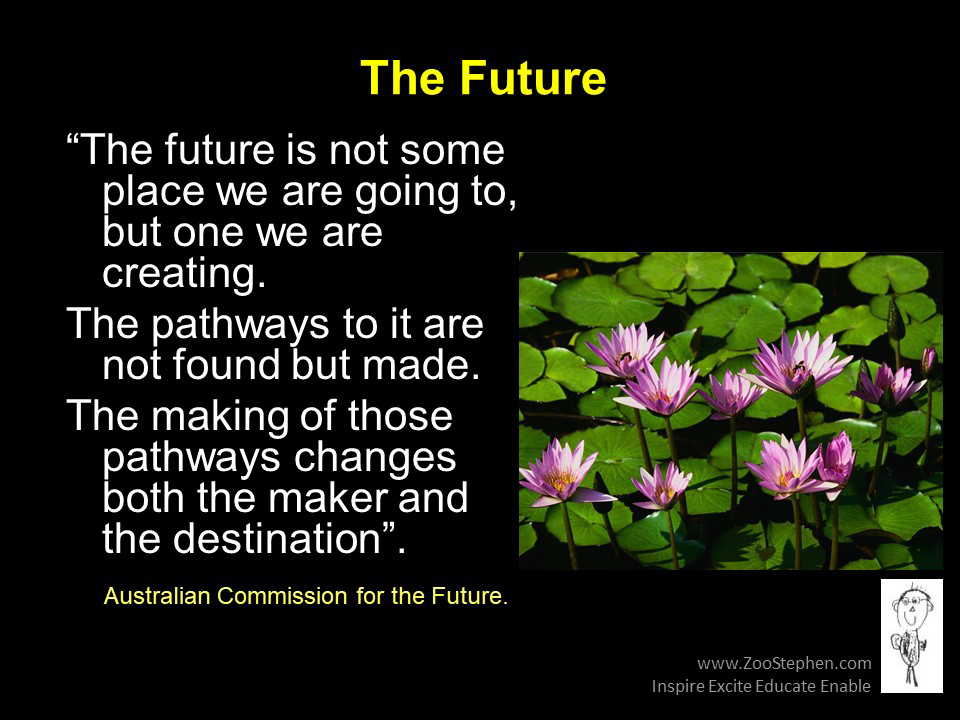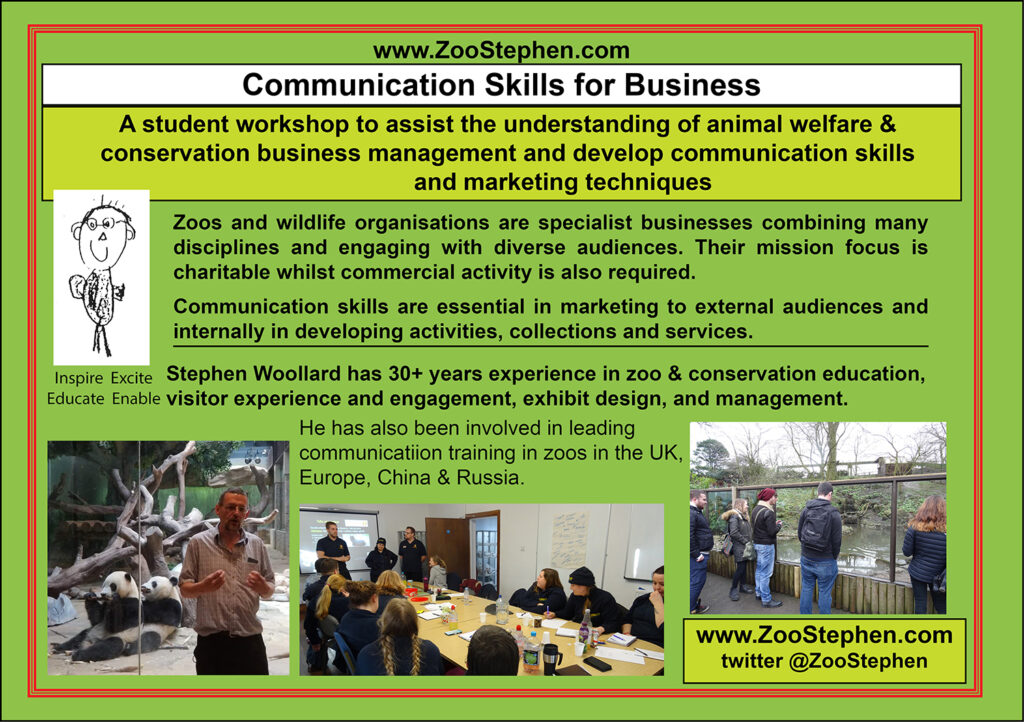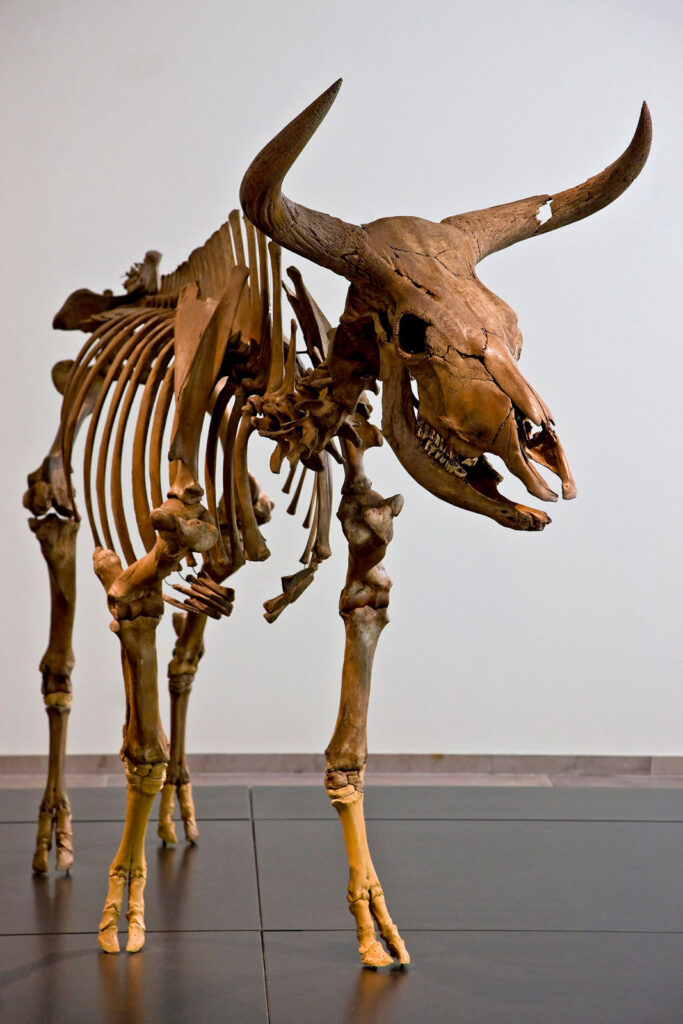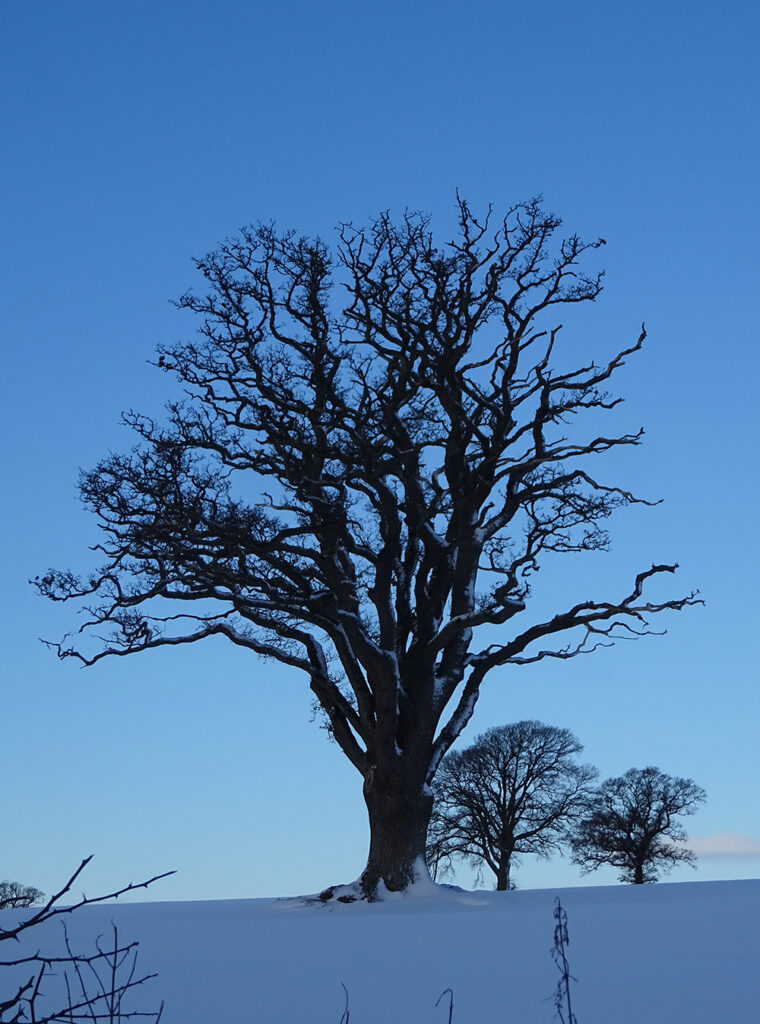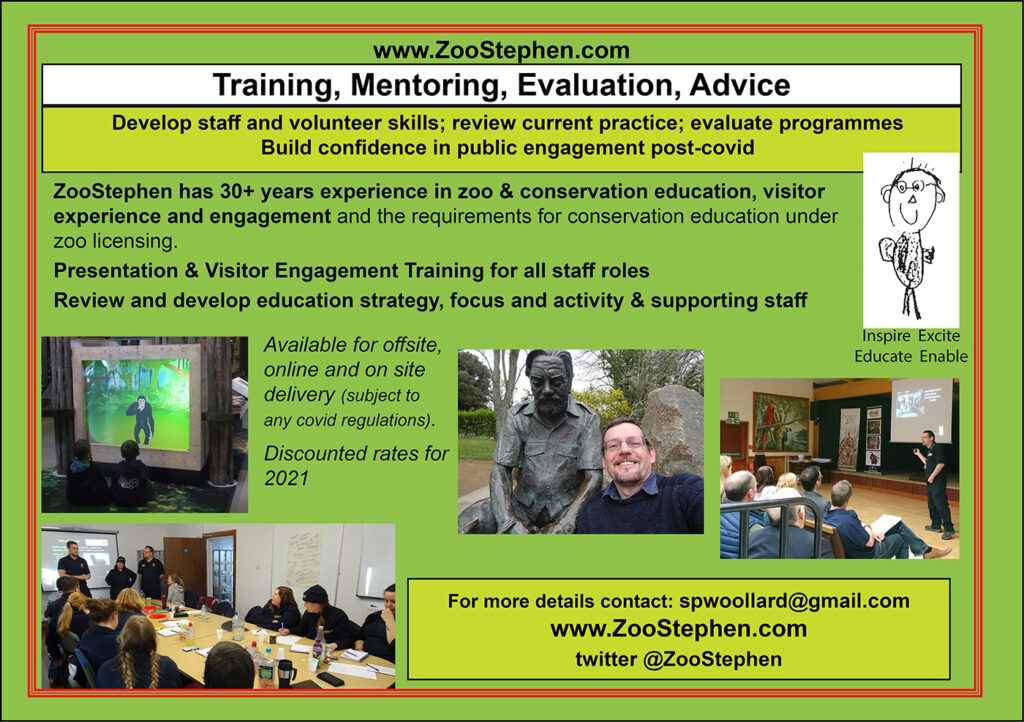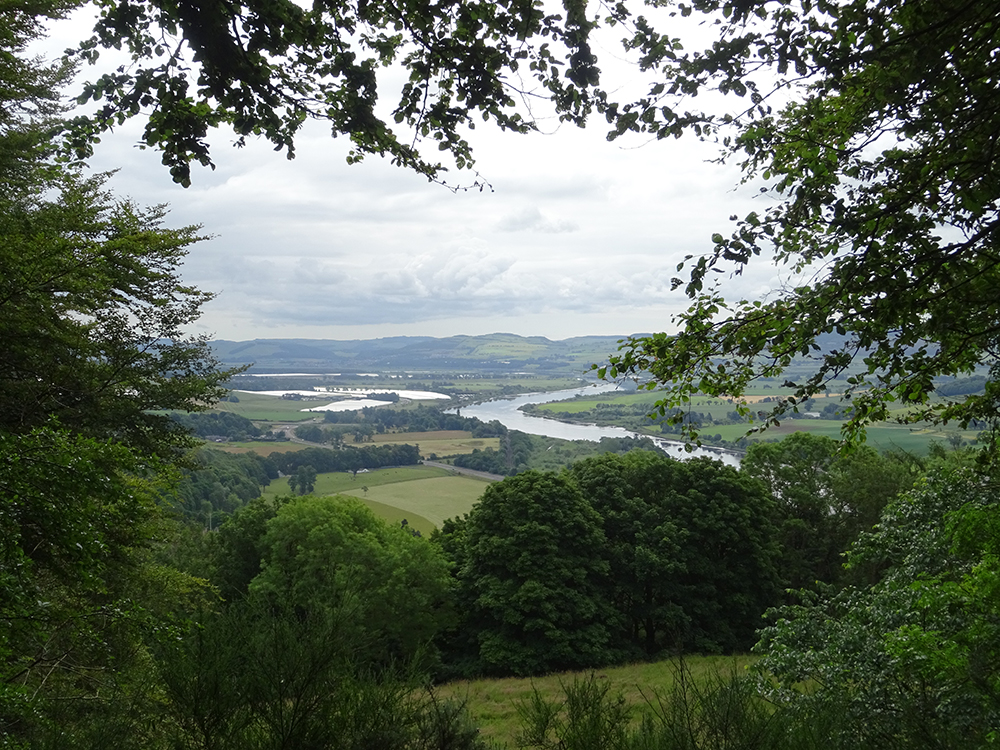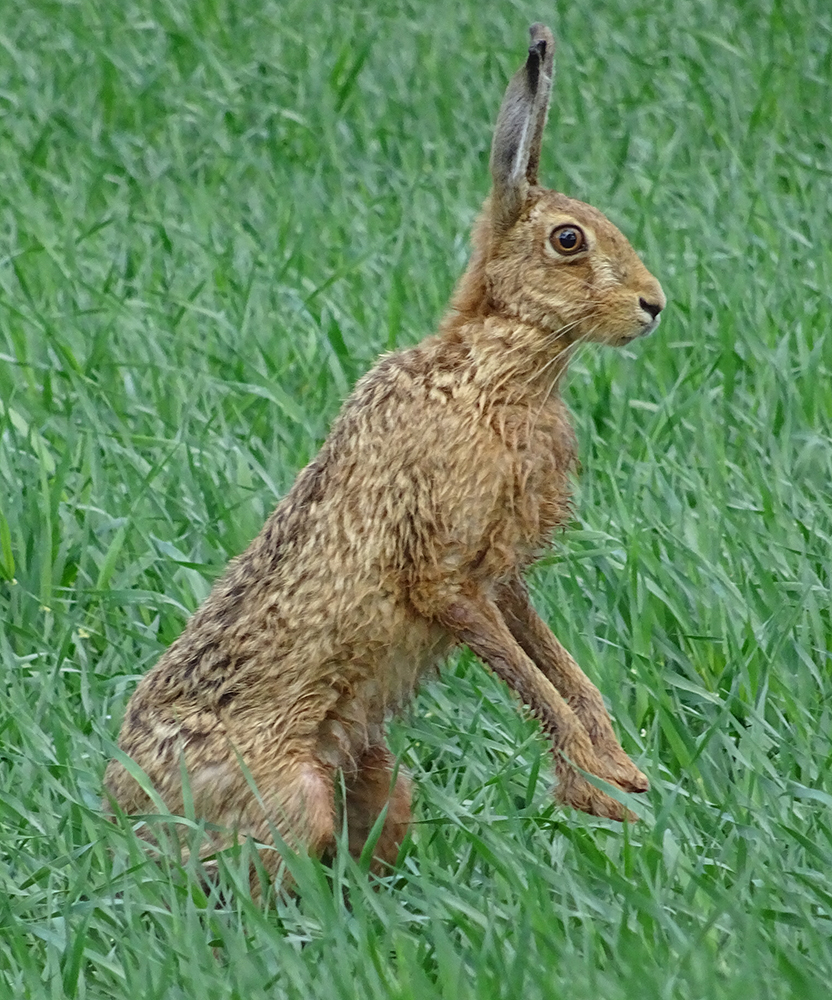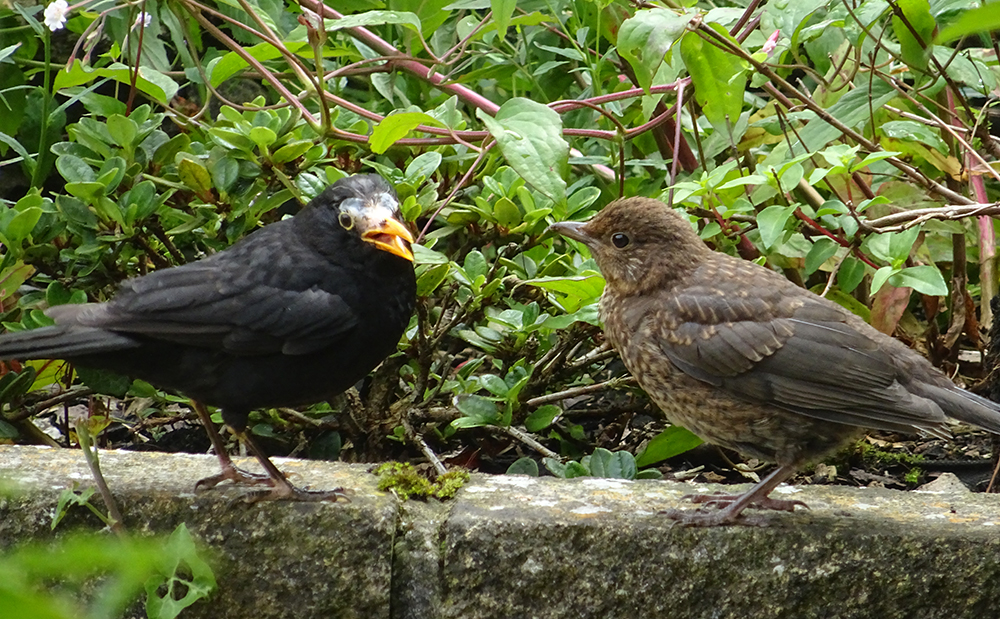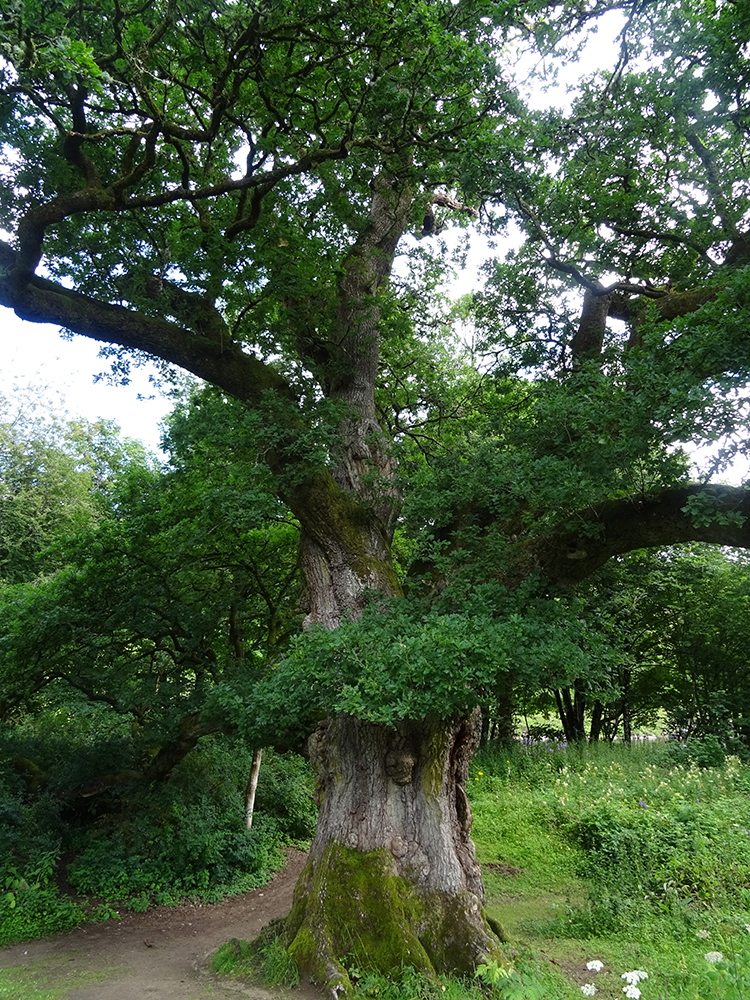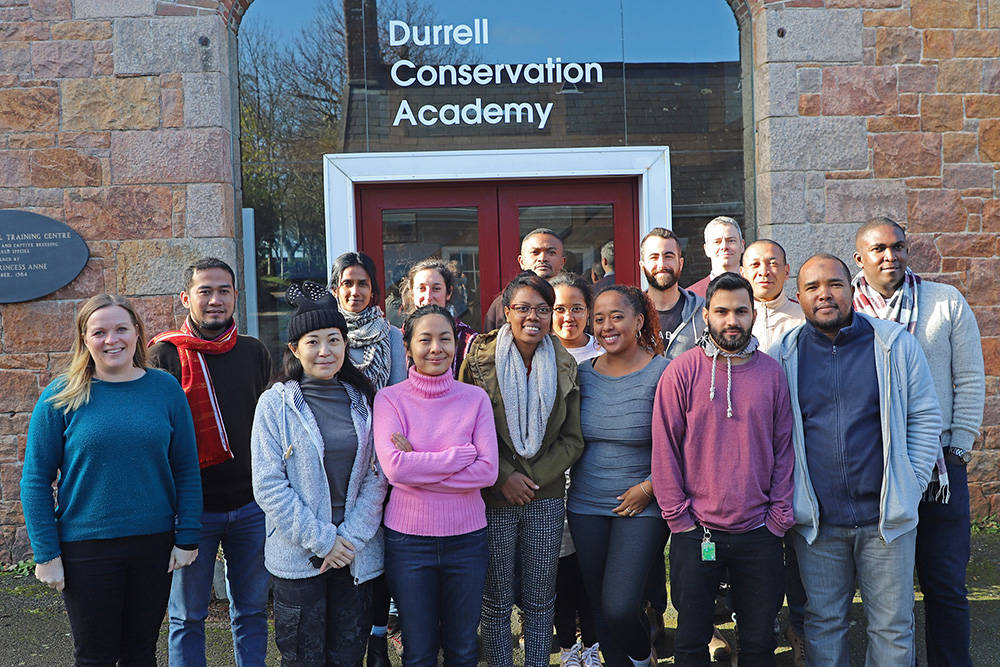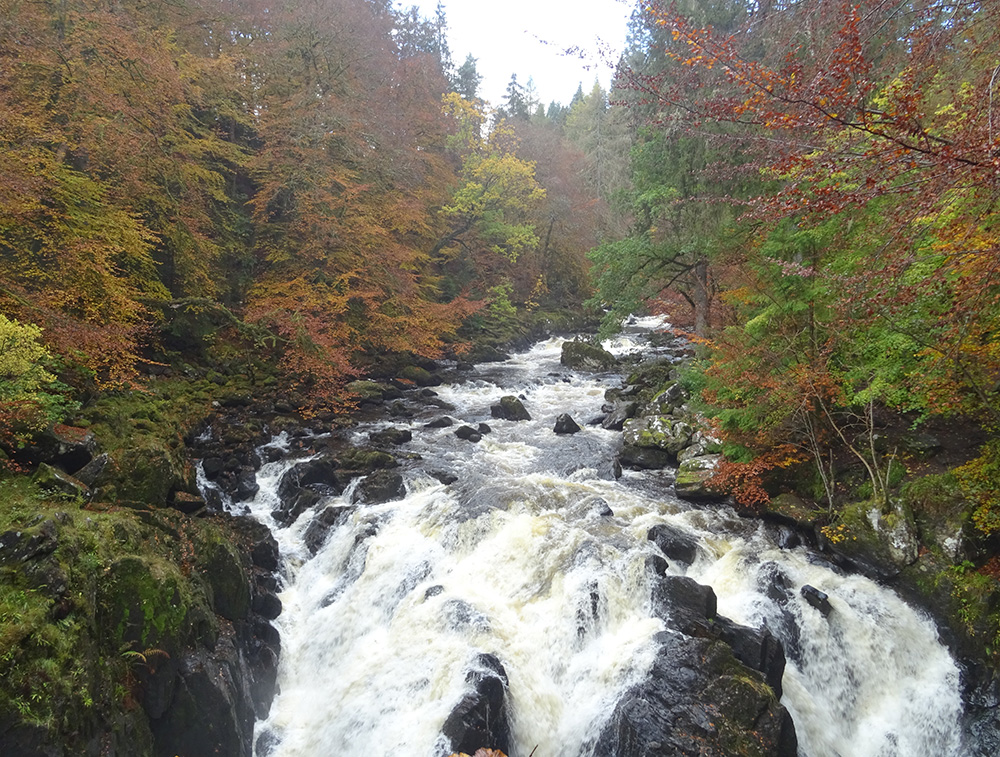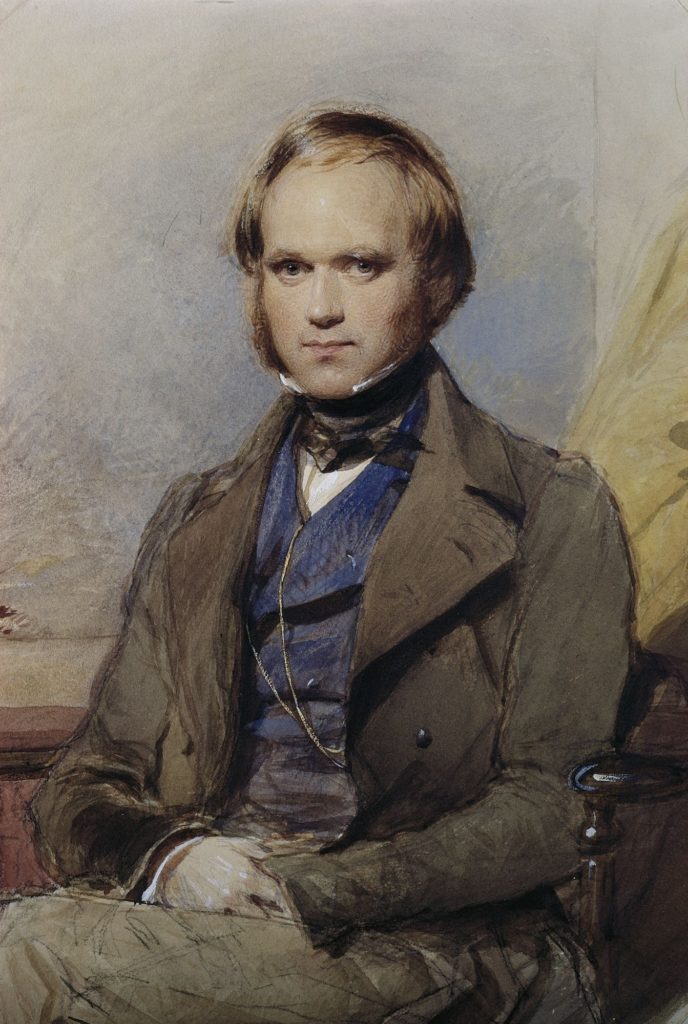A belated Happy New Year and Year of the Tiger. Here’s hoping that 2022 is a healthy and successful one.

After the impact of covid-mitigation measures and various factors affecting delivery of projects over the last two years, it’s great to see the year kick off with some good news. It is wonderful to report that on February 17th Sharjah Safari opened. This amazing huge safari park (8km2) brings Africa to Arabia and has taken nearly 7 years to create. The park utilises the natural environment at Al Bridi Reserve, Al Dhaid, Sharjah, United Arab Emirates, which has many acacia trees and gravel beds with natural aquafers. Further trees have been planted and suitable environments for the animals created.
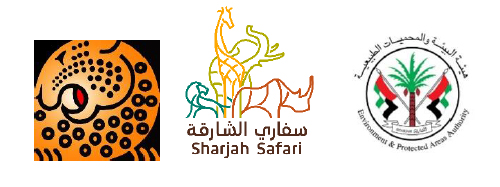
Well done and congratulations to the team involved in creating this remarkable project – primarily the team from Sharjah’s Environment and Protected Areas Authority, EPAA (includes many staff members from Europe, southern Africa and elsewhere with great wildlife experience) and design team Maguari-One Zoo Consultants. The park fulfills the vision of His Highness Sheikh Dr Sultan bin Muhammad Al Qasimi.
I was fortunate to have a very small part in this massive project, helping the education team develop their strategy and plans, whilst also assisting the training of Emirati staff to guide visitors. I look forward to visiting again at some point in future now the Park is open. If you are planning to go to UAE and visit this unique attraction, be aware ticket numbers are limited and the Park will be closed in the hottest months of the year.
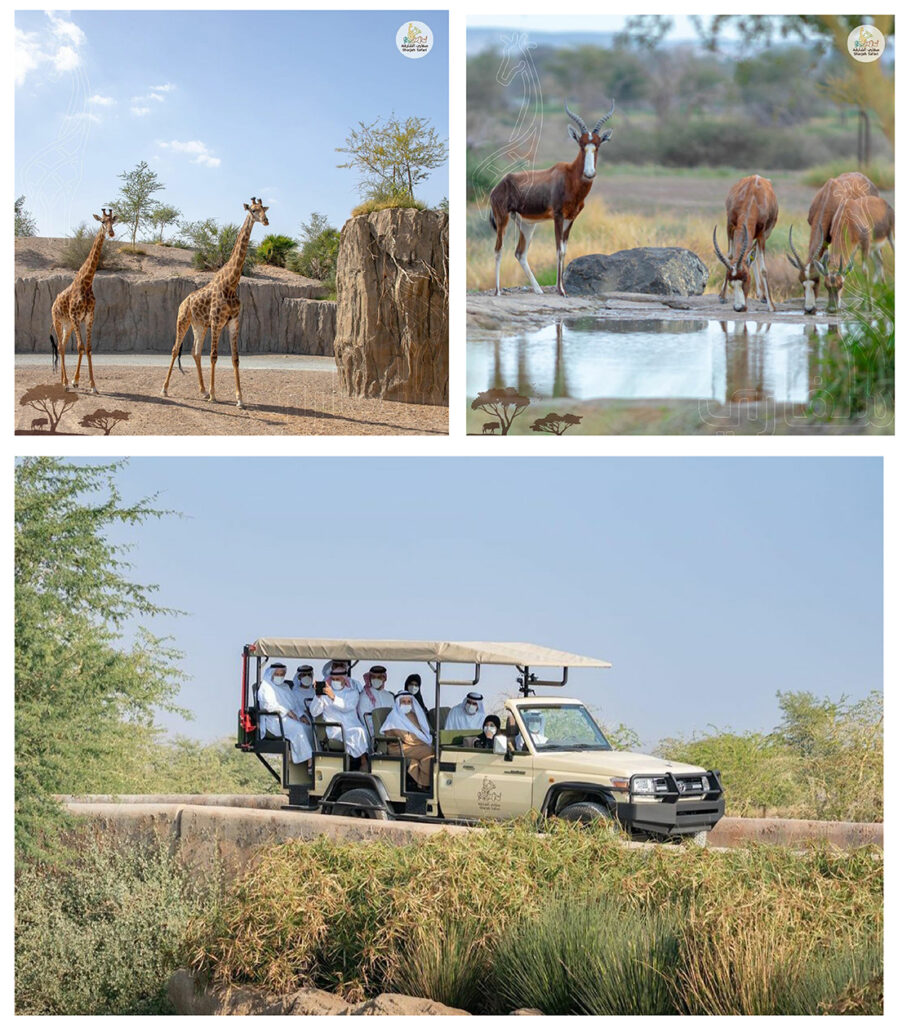
Meanwhile IN CHINA, Chimelong Group with whom I have worked since 2018 but covid has prevented further visits are opening their multi-million, world’s largest (370,000 m2), new Marine Science Centre and Leisure Complex at Zhuhai next to Ocean Kingdom. I saw the building in construction – it is truly immense, and the photo makes it look like something from Star Trek. It’s a very ambitious project aiming to link marine education and science with wow visitor experience and featuring many marine species.

However, SOME CLOSING NEWS
Sadly at the same time, Bristol Zoological Society have now announced the official closing date for Bristol Zoo, Clifton, as September 3rd. This historic site – the oldest zoo in the world not in a capital city, opened in 1836 – will partly be developed into a residential site, with some of the gardens remaining. Sadly many staff jobs have gone already and some animals will no longer be kept. The money raised will go to expansion of sister site ‘Wild Place’ to be the ‘new Bristol Zoo’ in South Gloucestershire. I spent a large part of my career at Bristol Zoo (1989-2003) helping develop the education department and involved in various exhibit design projects, so this is personally sad news too. As I write this further sad news comes from the International Centre for Birds of Prey (ICBP) in Gloucestershire that has now closed its doors. Jemima Parry-Jones’s work will continue with birds at a new site not open to the public.
LOOKING FORWARD – I am happy to be preparing for a variety of events in the next weeks, from ABWAK to Staff Training at Longleat and DESMAN22 at Durrell in Jersey, as well as further voluntary work in my Trustee roles with Perth & Kinross Countryside Trust and Dudley & West Midlands Zoological Society.

